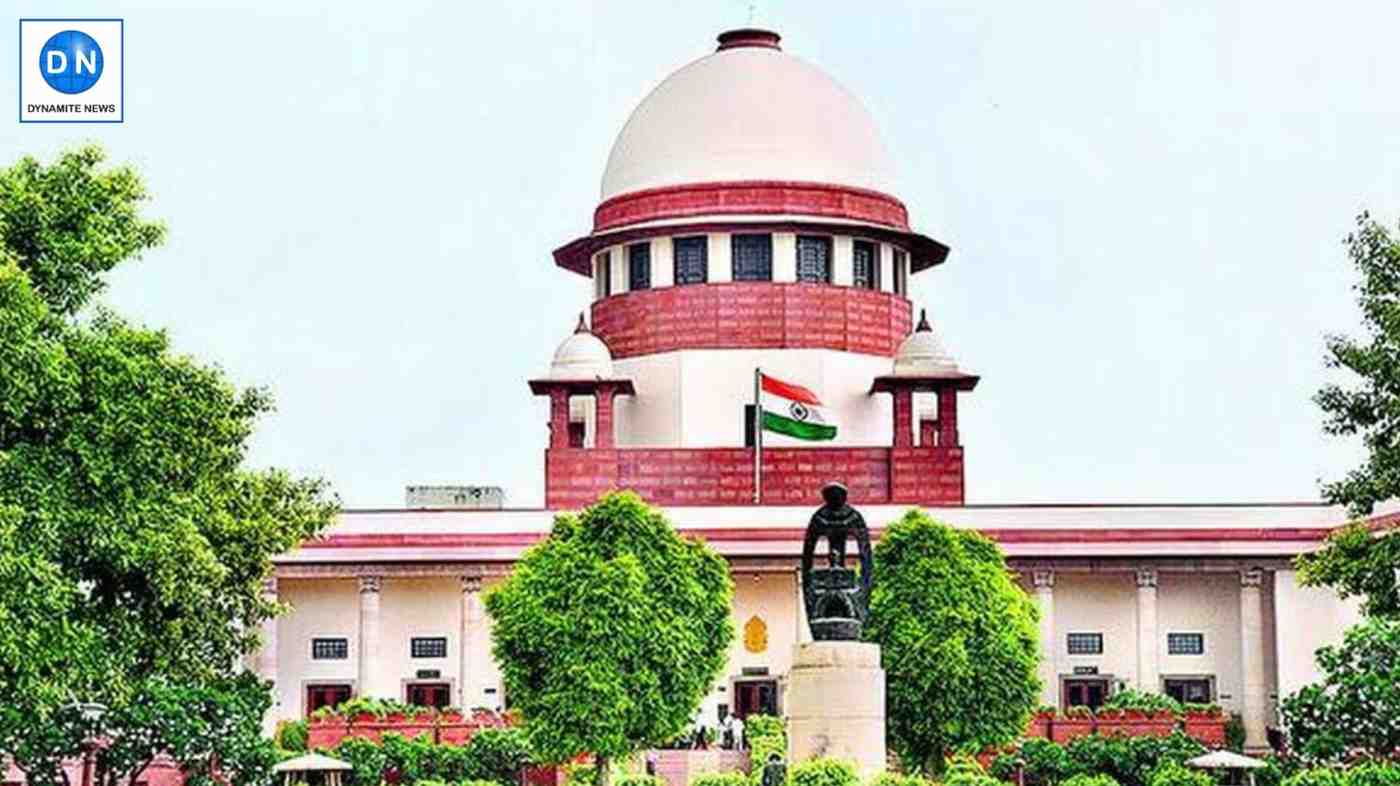
New Delhi: The Supreme Court on Wednesday came heavily on the arbitrary action by bulldozer and pronounced that the state and its officials can't take excessive measures against anybody without following the proper legal procedure.
Supreme Court directs that no demolition should be carried out without prior 15-day notice to the owner of the property.
Supreme Court directs that no demolition should be carried out without prior 15-day notice to the owner of the property.#bulldozer #supremecourtjudgement
— Dynamite News (@DynamiteNews_) November 13, 2024
Supreme Court says for an average citizen, construction of house is culmination of years of hard-work, dreams and aspirations. House embodies collective hope of security and future and if this is taken away, authorities must satisfy it is the only way.
Bulldozer justice unacceptable: Then CJI Dr Chandrachud
"Bulldozer justice is simply unacceptable under the rule of law. If it were to be permitted the constitutional recognition of the right to property under Article 300A would be reduced to a dead letter", an SC bench, comprising the then CJI Dr DY Chandrachud, Justices JB Pardiwala and Manoj Misra. The observation was made while delivering a verdict in a matter related to demolition of a Sr Journalist Manoj Tibrewal Aakash' ancestral house in Maharajganj district of Uttar Pradesh in 2019.
Supreme Court says for an average citizen, construction of house is culmination of years of hard-work, dreams and aspirations. House embodies collective hope of security and future and if this is taken away, authorities must satisfy it is the only way.#bulldozer…
— Dynamite News (@DynamiteNews_) November 13, 2024
Executive can't become a judge
Supreme Court says the executive can't declare a person guilty and can't become a judge and decide to demolish the property of an accused person.
#BIG_NEWS: Supreme Court holds that the state and its officials can't take arbitrary and excessive measures. Supreme Court says the executive can't declare a person guilty and can't become a judge and decide to demolish the property of an accused person.
— Dynamite News (@DynamiteNews_) November 13, 2024
A bench headed by Justice B R Gavai pronounced the verdict. Apex Court bench had reserved the verdict on October 1. A batch of pleas alleged that properties, including those accused of a crime, were being demolished in several states.
"Having a home is a longing that never fades...it is dream of every family to have a house...an important question whether executive should be permitted to take away shelter as a major infliction of penalty," said Justice Gavai.
"The executive can't declare a person guilty. If based only on allegation, it demolishes his house, it would strike at basic principle of Rule of Law. Executive can't become a judge and decide to demolish an accused's property," he added.
Supreme guidelines to curb 'bulldozer justice'
The Supreme Court has laid down stringent guidelines to curb "bulldozer justice" and stated that the executive cannot declare a person guilty, nor can it become a judge and decide to demolish the property of an accused person.
Here is the crux of the guidelines:
The Apex Court directed that no demolition should be carried out without a prior 15-day notice to the property owner. The Court stated that the notice should be served on the owner by registered post and also fixed on the outer portion of the structure. The notice must include the nature of the unauthorized construction, details of the specific violation, and the grounds for demolition. The demolition must be videographed, and any violation of these guidelines will invite contempt.
The Supreme Court held that the state and its officials cannot take arbitrary and excessive measures, stating that the executive cannot declare a person guilty or decide to demolish the property of an accused.
Also Read |
Hathras Tragedy: PIL in SC to probe stampede incident by expert committee
The Top Court underlined that it had considered the rights guaranteed under the Constitution, which protect individuals from arbitrary state action.
The Apex Court explained that the rule of law provides a framework ensuring individuals know their property will not be taken away arbitrarily.
The Supreme Court also dealt with the separation of powers and how the executive and judicial wings operate in their respective spheres. It emphasized that adjudicatory functions are entrusted to the judiciary, and the executive cannot replace the judiciary in performing this core function.
The Court stated that if the executive demolishes a person's house arbitrarily merely because they are accused, it violates the principle of separation of powers. Public officials who take the law into their own hands and act in such a high-handed manner must be held accountable.
The Top Court was addressing various pleas related to demolition drives conducted by certain states. (...to be updated)







